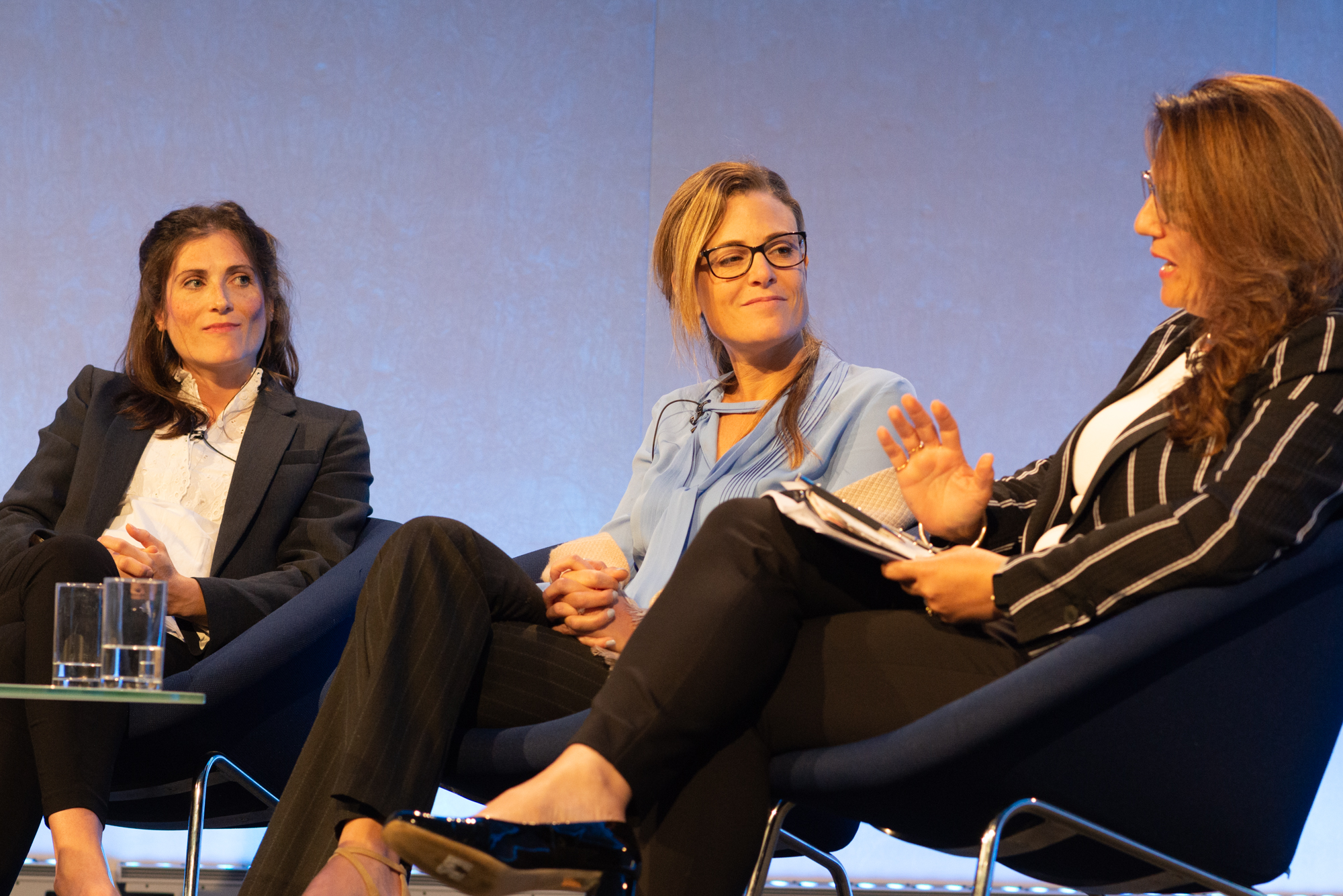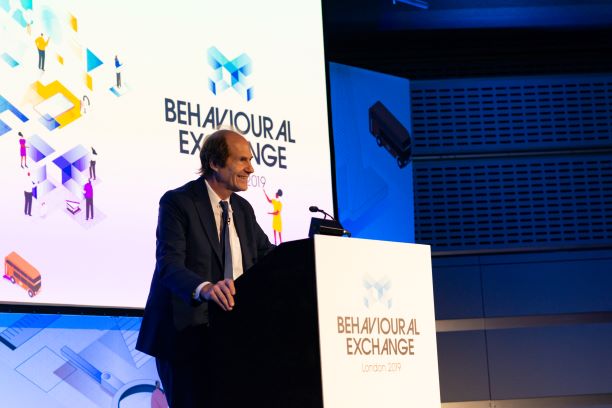It’s nearly ten years since BIT was set up in No10 with the seemingly simple (but in reality daunting) aim of incorporating a better understanding of human behaviour into public policy, while also saving the government ten times our running costs. In that time the application of behavioural science (and evidence more generally) to policymaking in the UK and abroad has flourished. While BIT has played its part, we’ve been part of a wide community of academics, politicians, civil servants, entrepreneurs and other practitioners who have recognised that to solve problems we need to think differently.
Earlier this month we hosted this years Behavioural Exchange conference (BX) in London and I was once again struck by the scale and diversity of this community and the breadth of challenges being tackled. Over 1,200 delegates from 65 countries (up from just 20 countries when London last hosted BX in 2015) came together to share their newest findings, discuss (and challenge) one another’s ideas and garner inspiration. It was also a nice point to reflect on how far we’ve come – by our reckoning there are at least 5 or 6 behavioural policy wins that have £1billion plus impacts (e.g. auto-enrollment, the UK’s sugar levy and countless tax trials worldwide) – while also acknowledging that many good ideas won’t work, especially as we try to solve ever more complex issues.
| Policy | Impact |
| Pensions defaults | In the UK roughly 10m additional people saving extra savings each year of roughly £20bn. |
| Energy use | Cumulative impact of £2bn saved on energy bills since 2008. |
| Tax compliance | Initial BIT work brought forward an estimated £200m in the first 2 years. We are confident that over £1bn has now been brought forward. |
| E-Cigarettes | Around 40,000 extra smokers quit a year (Public Health England mid-range estimate) due to availability of e-cigs in UK. Estimated QALY impact of at over £1bn (discounted value) |
| Sugar-levy | 50% of manufacturers have reformulated their drinks taking 45million kilograms of sugar out of drinks every year. Estimate in QALY gain of £3.3bn (discounted value) |
Over two days we heard from some of the most recognisable names in behavioural science such as Cass Sunstein, Tali Sharot and Dan Ariely alongside some of tomorrow’s brightest stars. The policy challenges discussed ranged from some hardy perennials such as obesity, crime and encouraging innovation in government through to the emerging issues of ‘fake news’, social media’s affect on young people and AI.
If you couldn’t make it, or if you were there but missed out on a session, don’t worry. We’ll be putting the sessions up online.
Sign up to the BIT newsletter here for video updates and more

Prof Tali Sharot BX2019
Of course a BIT-run conference wouldn’t be complete without an experiment. The subject – sustainable food choices – could hardly be more current. Food choices are also an interesting behavioural challenge, not least because many of us have strong preferences and habits (often rooted in personal or cultural tastes). We found that tailoring the food menus emailed to delegates before the conference to make vegetarian options more prominent led to a 23% increase in orders of vegetarian items. We’re not the first (and certainly won’t be the last) to test changes like this but it’s a nice way of reinforcing behavioural science’s role in environmental sustainability and reminding ourselves that running experiments can be quick, easy and fun!
As for my personal highlights… Cass’s lecture was an inspiring and touching mix of theory, research and anecdote that set the tone for the conference. His account on ‘how change happens’, bridged from contemporary movements such as #metoo or women entering the labour market in Saudi (focusing on misjudgements of what other people think acceptable, and the power of correcting this) to a personal exchange with his own mother, brought many to tears. The power of tacit but wrong theories also featured heavily in Bob Shiller’s talk, and in his new book on Narrative Economics.
I was left feeling genuinely excited about the future, even if as a community we have some pretty daunting challenges in our sights.
A common thread in a number of the BX19 sessions was unpacking the social contagion of ideas and behaviour – for good and bad. This also featured in the session on fake news which combined fresh research from Tali Sharot, Sander van Der Linden and BIT’s Antonio Silva with an informed discussion alongside Lizzie McKee from the UK Foreign Office on applying this research (as well as the session on social cohesion).
For the uber geeks (like me), you should also check out the discussion between Seth Stephens-Davidowitz and Nick Chater. Seth’s extremely entertaining, and profound, work explores what the internet searches can tell us about society and ourselves. For Seth, our search activity has inadvertently created the ability to peer into each others – and our own – minds to give unprecedented insights into what we really think and desire. We also learned that Britain is the only place where more people google the weather than pornography! On the other hand, Nick’s thesis that the ‘mind is flat’ – in other words, we’re trapped in a grand illusion of our brain’s making with few stable preferences. Quite a different view of the mind, at least on the face of it…

Prof Cass Sunstein BX2019
I was left feeling genuinely excited about the future, even if as a community we have some pretty daunting challenges in our sights. However, much like the challenge that BIT set out with all those years ago, a combination of creative thinking, rigour and no small amount of enthusiasm can achieve a lot.
I look forward to seeing everyone reconvene in Toronto for BX2020 in July where Dilip Soman and the excellent team at BEAR will be hosting. Finally, a personal thanks to all the speakers, delegates and the team at BIT who made it such an engaging and enjoyable conference. Over to you Toronto…




